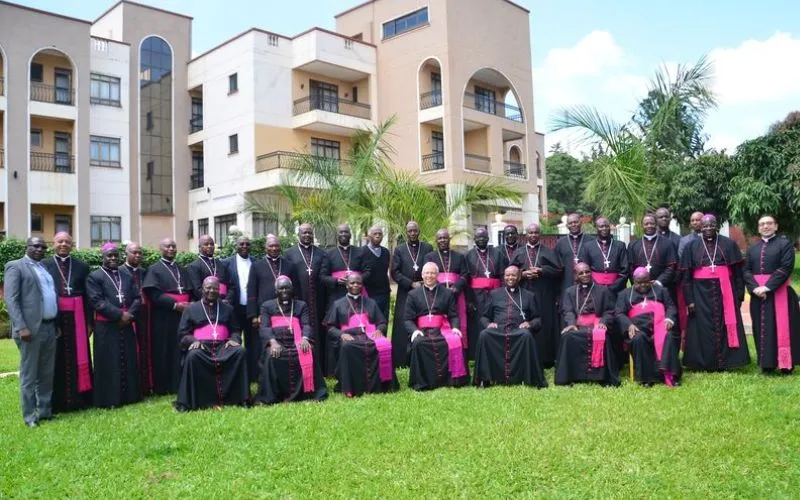Johannesburg, 07 August, 2021 / 9:30 pm (ACI Africa).
The Archbishop of Johannesburg in South Africa has applauded the Three2Six project that is giving school going children of migrants and refugees in the country an opportunity to catch up with their peers in learning institutions.
Speaking to the Vatican office in Charge of Migrants and Refugees, Archbishop Buti Tlhagale who serves as the Liaison Bishop for Migrants and Refugees at the Southern African Catholic Bishops’ Conference (SACBC) acknowledges the challenges of child immigrants and refugees in South Africa, including being locked out of opportunities to attend normal school programs for lack of documents.
“Settling here in South Africa over the recent past, we have seen local people being xenophobic towards people from other countries. Here in the Diocese, we have a program called Three2Six because the children attend classes in the afternoon. Most of them are children of migrants and refugees who have not been able to register in normal schooling programs because they do not have identity documents,” Archbishop Tlhagale says in the Thursday, August 5 report.
He adds, “The Three2Six program gives young people of foreign nationals an opportunity to be learning at the same time as any other child who is at school during their high school years and therefore, they do not remain behind simply because they do not qualify to be in a normal school where people have ID numbers.”
The Three2Six Refugee Children’s Education Project provides an afternoon bridging education program for hundreds of refugee children.





